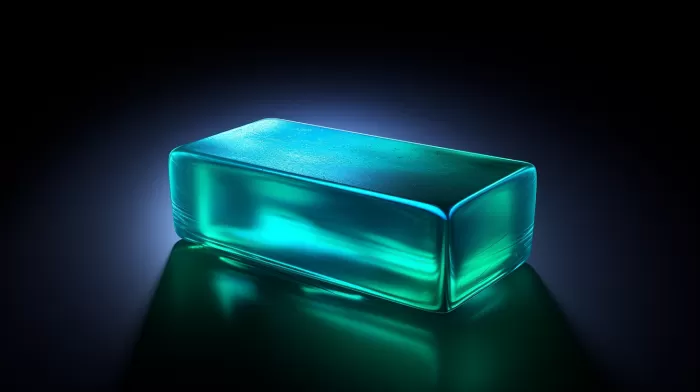When you’re shopping for soap, you might feel overwhelmed by the vast array of choices available. There’s scented, unscented, exfoliating, antibacterial – the list goes on. But, did you know that one particular type of soap may prove dangerous for nursing babies?
Researchers from the University of Tennessee, Knoxville, have discovered that the chemicals in antibacterial soaps can enter a nursing mother’s bloodstream and, consequently, her breast milk. The result? Potential developmental problems for her infant.
Weighing Risks
Although antibacterial soaps can be beneficial in healthcare settings where the risk of infection is high, they may not be necessary for everyday use. Scientists involved in the study advise people to consider their level of risk and make decisions based on the potential harm involved.
For most people, a standard soap can cleanse the skin just as effectively as its antibacterial counterpart. So, is it worth the risk to your baby’s development?
The Antibacterial Compound: Triclocarban
The study’s findings highlight the significant long-term effects of triclocarban exposure. Triclocarban is the antibacterial ingredient found in many soaps. It poses a particular problem for nursing mothers, as triclocarban can accumulate in their system and make its way into breast milk.
While triclocarban is primarily absorbed through the skin, exposure can also occur through other means. For example, when you wash with soap containing triclocarban, it washes down the drain. Around 95% of this chemical is removed during wastewater treatment. However, the remaining 5% can still pose a health hazard as treated wastewater is often used on farms, where it can contaminate crops and enter the food chain.
Is It Time to Reconsider the Soap You Use?
Considering the potential harm that triclocarban exposure can cause to both you and your baby, it may be wise to rethink the type of soap you use. Here are some factors to consider when choosing a soap:
- Ingredients: Look for soaps made with natural ingredients that are gentle on your skin. Avoid products containing triclocarban or triclosan (another antibacterial agent with potential health risks) and synthetic fragrances.
-
Eco-friendly options: Many natural and organic soaps available on the market are eco-friendly, which means they’re better for the environment and your health.
-
Handwashing technique: The Centers for Disease Control and Prevention (CDC) recommends washing your hands for at least 20 seconds, using clean water and soap. This is enough to remove germs effectively. If you find yourself in a situation where soap and water are not available, consider using a hand sanitizer with at least 60% alcohol.
-
Sensitive skin: If you have sensitive skin, look for fragrance-free and hypoallergenic soaps to minimize the risk of irritation and allergies.
-
Bar soaps vs. liquid soaps: Both types of soap can get the job done, and your choice may boil down to personal preference. However, some studies suggest that liquid soap may harbor fewer bacteria than bar soap, making it a cleaner choice.
When faced with the decision of which soap to purchase, you now know the potential risks associated with antibacterial soaps, especially for nursing mothers and their children. Consider the alternatives available and make an informed decision that’s in the best interest of your health and the well-being of your family.



